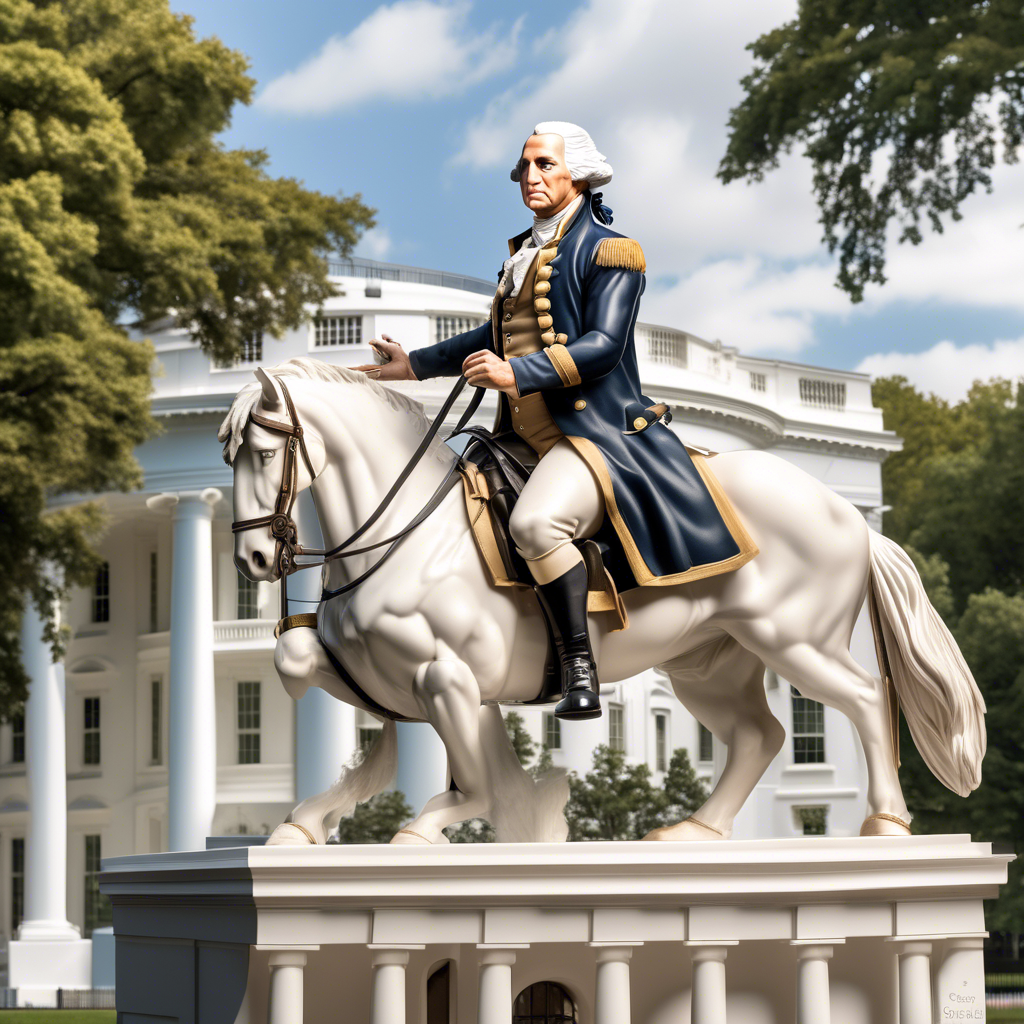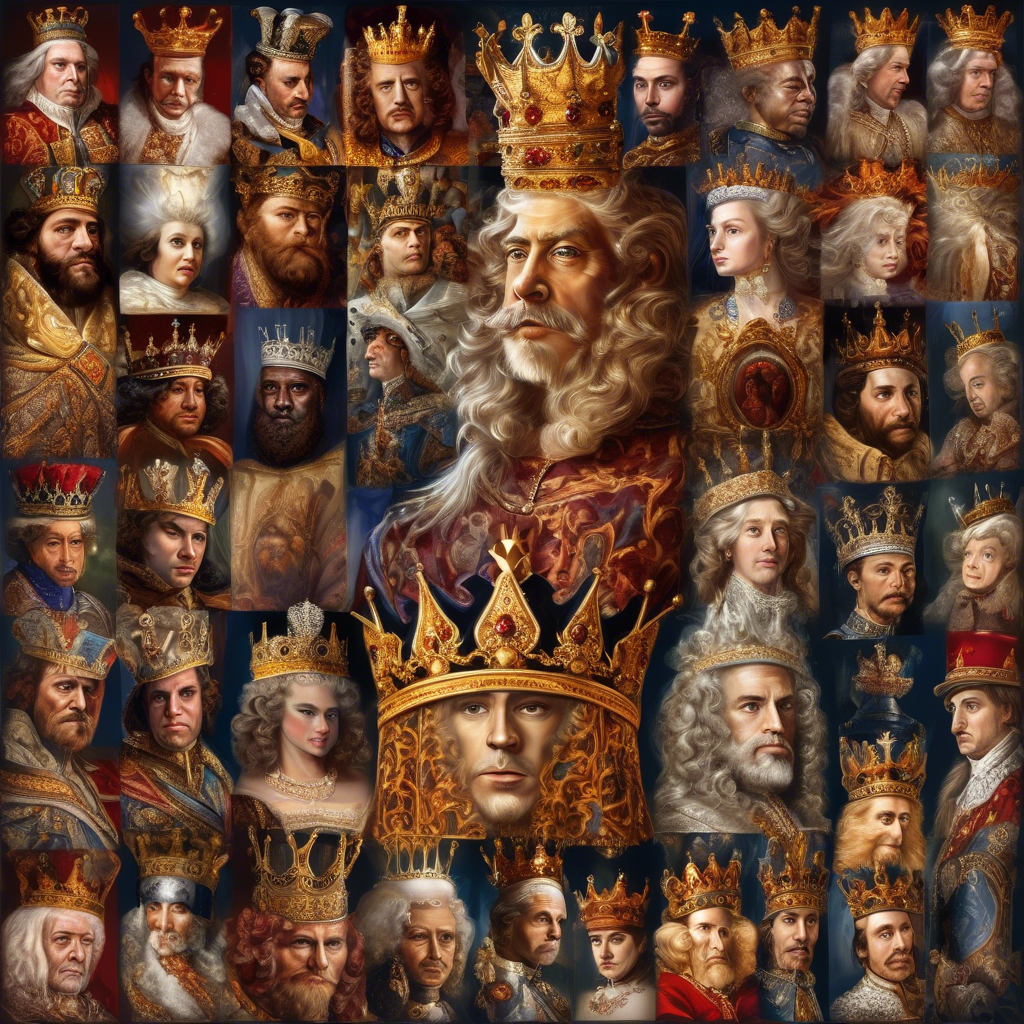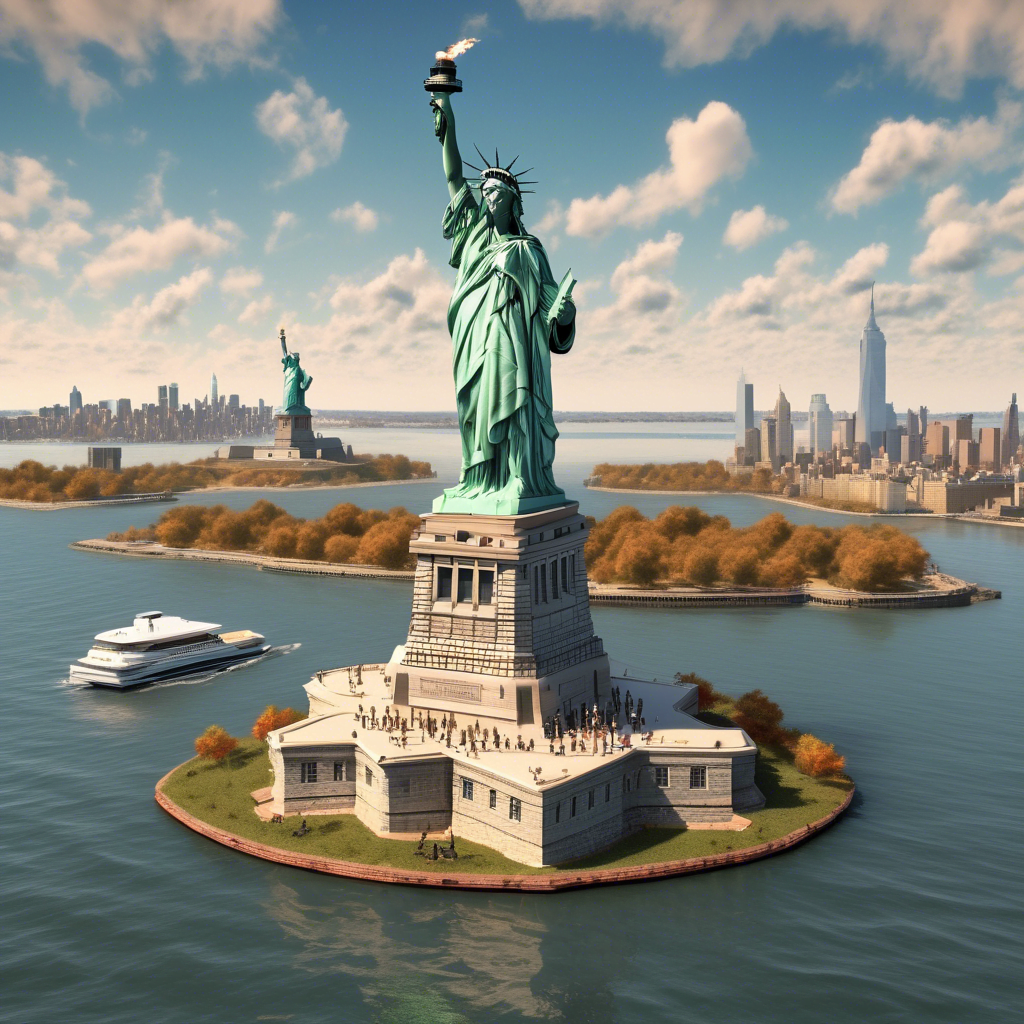
1. Introduction
Brief overview of the life and achievements of George Washington
George Washington, the first President of the United States and a key figure in the American Revolutionary War, is widely regarded as one of the nation’s founding fathers. His leadership, integrity, and dedication to the cause of liberty have left an enduring legacy in American history.
Importance of studying his life and legacy
Studying the life of George Washington provides insights into the founding principles of the United States, the challenges faced by early American leaders, and the values that shaped the nation’s identity. His leadership during times of crisis and his role in establishing the presidency set a precedent for future generations of leaders.
2. Early Life and Family Background
Birth and childhood in Westmoreland County, Virginia
George Washington was born on February 22, 1732, in Westmoreland County, Virginia, to Augustine Washington and Mary Ball Washington. His early years on the family’s plantation, Pope’s Creek Estate, instilled in him a love for the land and a sense of duty to his community.
Family background and upbringing
The Washington family had deep roots in Virginia society, with connections to the British aristocracy and a tradition of public service. George’s upbringing emphasized the values of hard work, discipline, and honor that would shape his character and leadership style.
Education and early influences
Washington’s education was informal, primarily guided by tutors and practical experience on the plantation. His exposure to the ideas of the Enlightenment, classical literature, and military strategy influenced his worldview and prepared him for a life of public service.
3. Military Career
Service in the Virginia militia during the French and Indian War
Washington’s military career began in the Virginia militia, where he gained valuable experience in combat and leadership during the French and Indian War. His bravery and strategic acumen earned him recognition and set the stage for his future role in the Revolutionary War.
Leadership during the Revolutionary War
As Commander-in-Chief of the Continental Army, Washington led the colonial forces against the British in a protracted struggle for independence. His perseverance, tactical skill, and ability to inspire his troops were instrumental in securing victory against a formidable adversary.
Appointment as Commander-in-Chief of the Continental Army
Washington’s appointment as Commander-in-Chief of the Continental Army in 1775 marked a turning point in the Revolutionary War. His leadership and organizational abilities helped unify the disparate colonial forces and maintain morale during times of hardship.
Key battles and strategic decisions
From the crossing of the Delaware River to the winter at Valley Forge, Washington’s military leadership was tested in numerous battles and campaigns. His strategic decisions, including the surprise attack at Trenton and the victory at Yorktown, were crucial in securing American independence.
4. Political Career
Role in the Constitutional Convention
Washington played a pivotal role in the Constitutional Convention of 1787, where he was elected as its presiding officer. His presence lent legitimacy to the proceedings, and his support for the new Constitution helped ensure its ratification.
Election as the first President of the United States
In 1789, Washington was unanimously elected as the first President of the United States. His leadership during the formative years of the new republic set the tone for the presidency and established important precedents for future administrations.
Establishment of the federal government and key policies
Washington’s administration focused on building the institutions of the federal government, including the executive branch, the judiciary, and the bureaucracy. His policies on finance, foreign relations, and domestic affairs laid the groundwork for a strong and stable nation.
5. Personal Life
Marriage to Martha Dandridge Custis
In 1759, Washington married Martha Dandridge Custis, a wealthy widow with two children. Their marriage was a partnership based on mutual respect and affection, and Martha played a supportive role in Washington’s public life.
Relationship with family and friends
Washington’s relationships with his family and close associates reflected his values of loyalty, integrity, and trust. His correspondence with fellow revolutionaries, such as Thomas Jefferson and Alexander Hamilton, offers insights into his character and leadership style.
Personal values and beliefs
Washington’s personal values, including honesty, humility, and a commitment to public service, were central to his identity as a leader. His belief in the importance of virtue and civic duty shaped his approach to governance and guided his decisions as a statesman.
6. Legacy and Impact
Contributions to the founding of the United States
George Washington’s leadership during the Revolutionary War and his presidency were instrumental in securing American independence and establishing the foundations of the new nation. His commitment to unity, liberty, and democracy helped shape the American identity and inspired future generations of leaders.
Influence on American politics and society
Washington’s legacy as a statesman and military leader continues to influence American politics and society. His emphasis on national unity, respect for the rule of law, and civic engagement set a standard for leadership that transcends partisan divides and serves as a model for democratic governance.
Memorials and commemorations in his honor
Throughout the United States, monuments, memorials, and institutions bear witness to George Washington’s enduring legacy. From the Washington Monument in Washington, D.C., to Mount Vernon, his historic estate, these tributes celebrate his contributions to the nation and honor his role in shaping American history. Annual celebrations, such as Presidents’ Day and Washington’s Birthday, serve as reminders of his significance and inspire reflection on his enduring impact.
7. Death and Aftermath
Retirement to Mount Vernon
After serving two terms as President, George Washington retired to his estate at Mount Vernon in 1797. He dedicated his remaining years to managing his plantation, overseeing improvements to the property, and reflecting on his legacy as a statesman and patriot.
Death and funeral arrangements
On December 14, 1799, George Washington passed away at Mount Vernon at the age of 67. His death was mourned across the nation, and his funeral procession and burial at Mount Vernon drew crowds of mourners and dignitaries from near and far.
Reflection on the impact of his passing
The death of George Washington marked the end of an era and evoked a sense of loss and gratitude among the American people. Tributes poured in from around the world, praising his leadership, character, and service to the nation.
8. Conclusion
Summary of key points in George Washington’s life
George Washington’s life was marked by a commitment to public service, a dedication to the principles of liberty and democracy, and a steadfast belief in the potential of the United States as a beacon of freedom. His leadership during the Revolutionary War, his presidency, and his legacy as a founding father continue to inspire admiration and respect.
Importance of studying his biography for understanding American history
Studying the biography of George Washington provides valuable insights into the founding of the United States, the challenges faced by early American leaders, and the ideals that have shaped the nation’s identity. By examining Washington’s life and legacy, we gain a deeper understanding of the values, principles, and traditions that define American democracy.
9. References
– Chernow, Ron. “Washington: A Life.” New York: Penguin Press, 2010.
– Ellis, Joseph J. “His Excellency: George Washington.” New York: Knopf, 2004.
– Flexner, James Thomas. “Washington: The Indispensable Man.” Boston: Little, Brown and Company, 1974.
In conclusion, George Washington’s life and legacy stand as a testament to the enduring impact of visionary leadership, unwavering dedication, and a steadfast commitment to the ideals of freedom and democracy. By studying his biography and reflecting on his contributions to the founding of the United States, we honor his memory and draw inspiration from his example as a revolutionary leader and statesman.




Leave a Reply